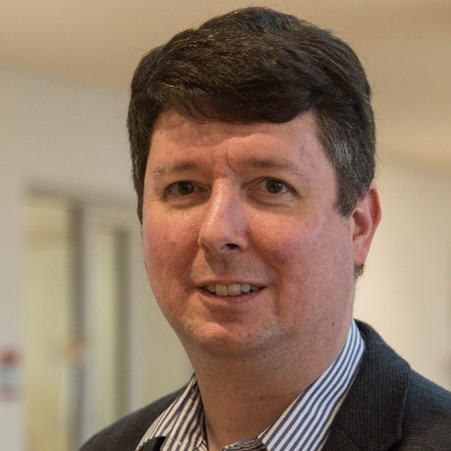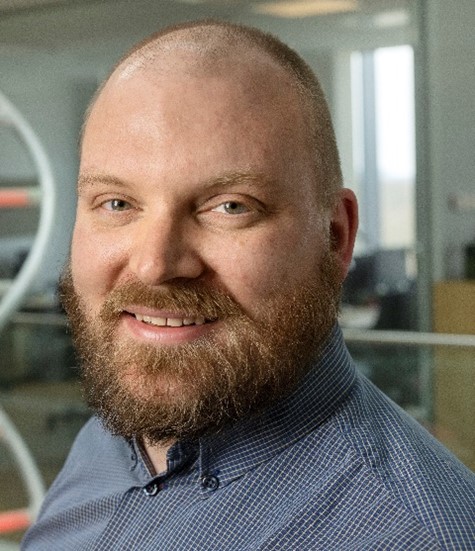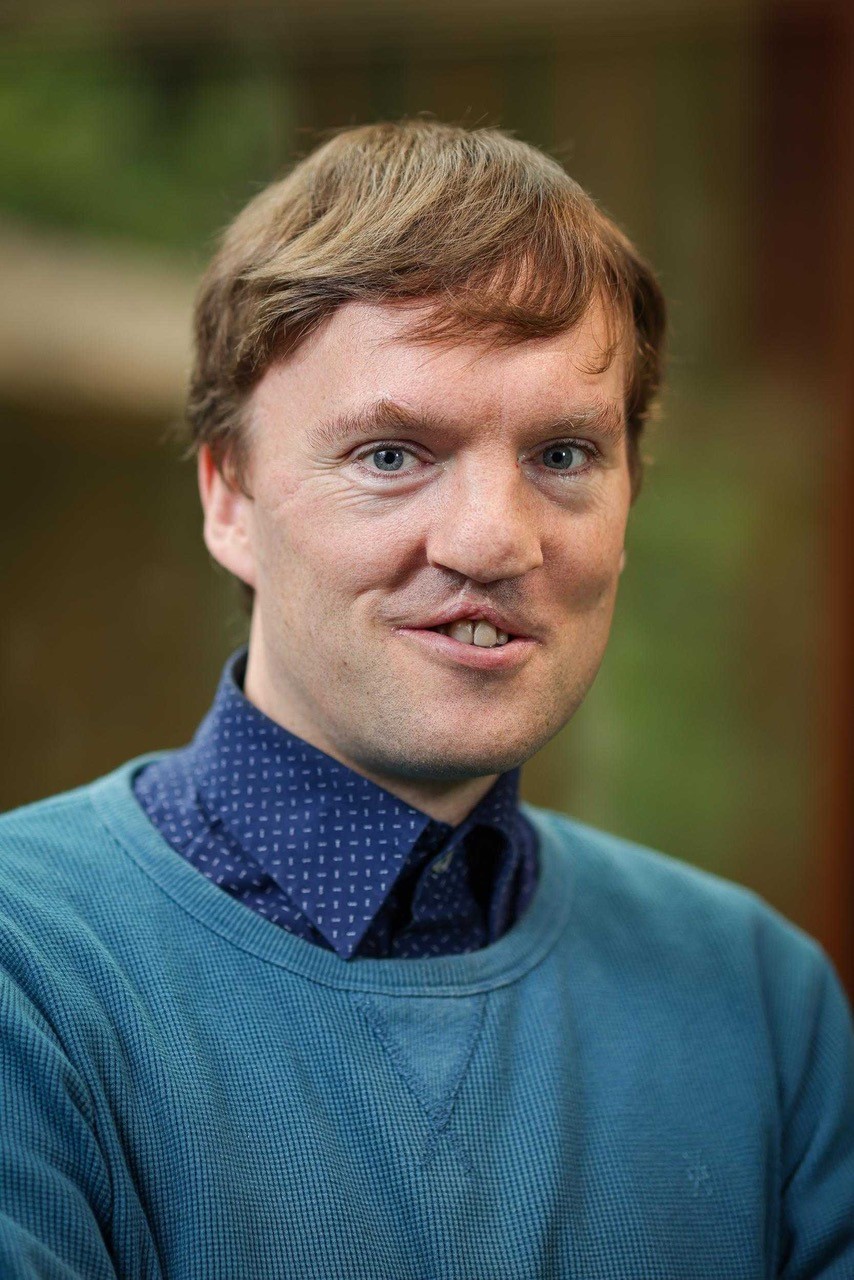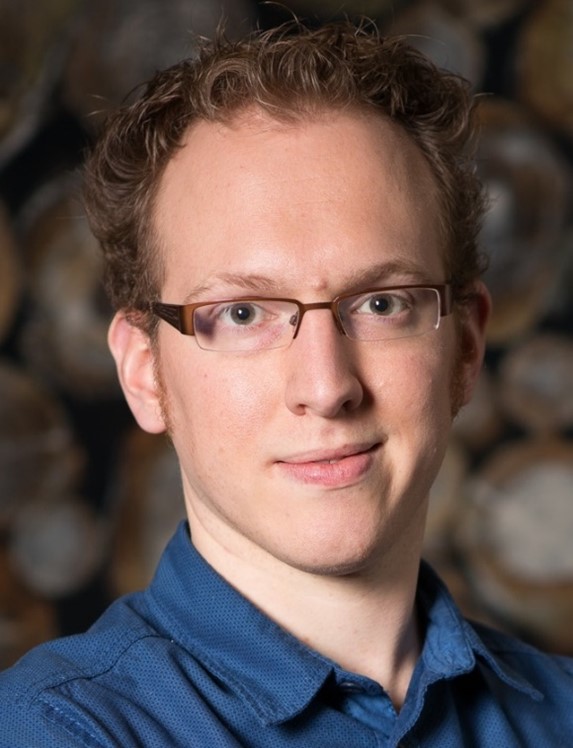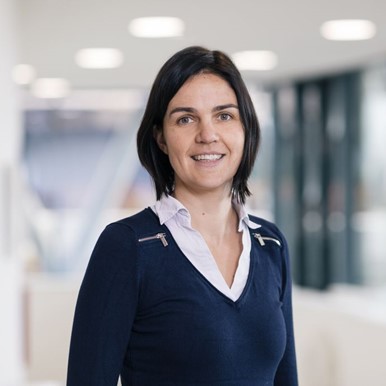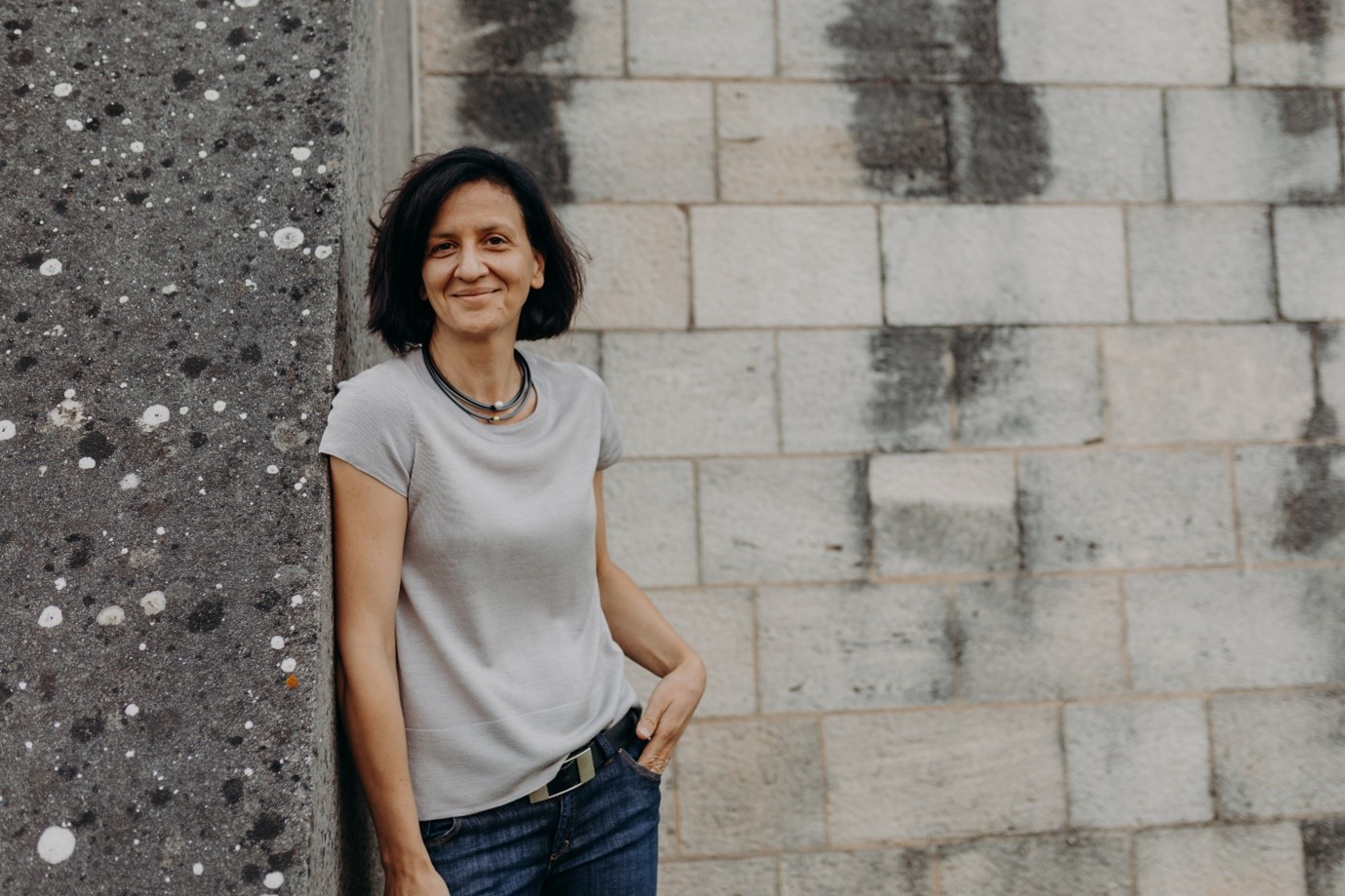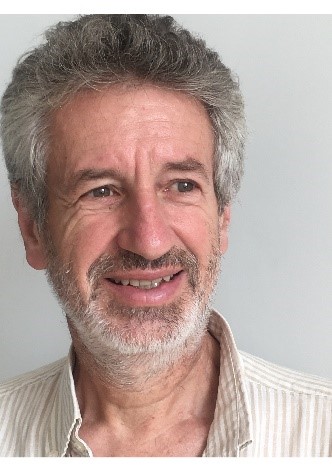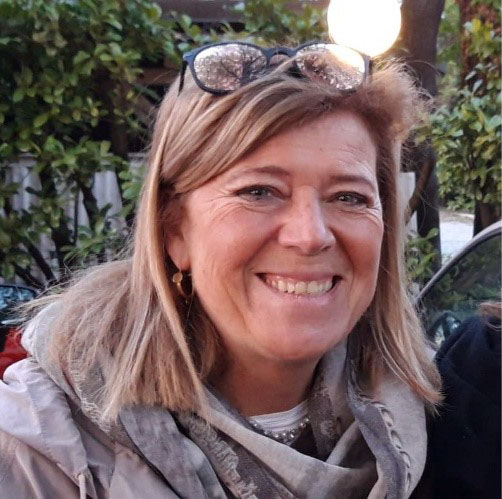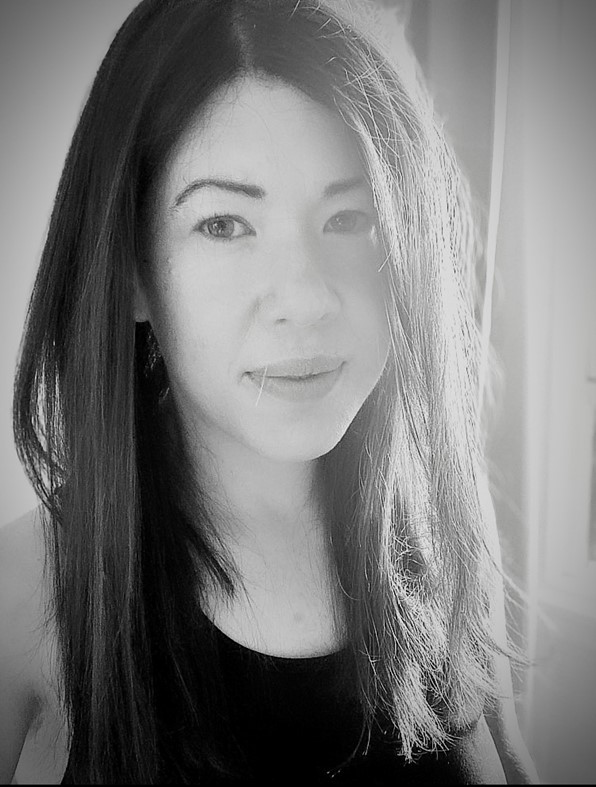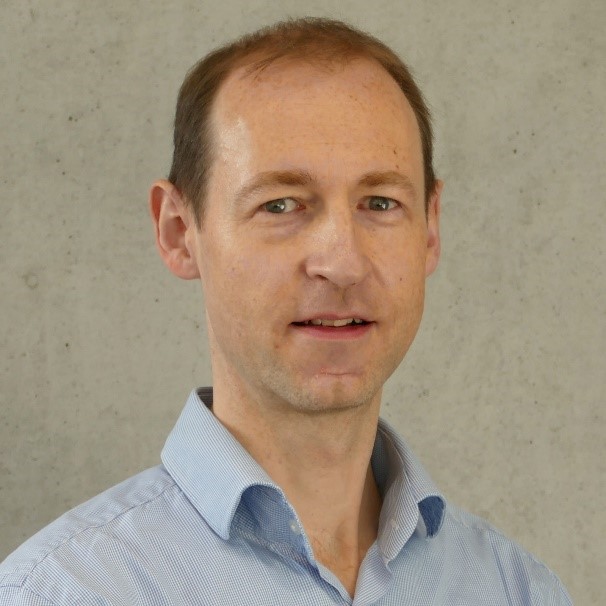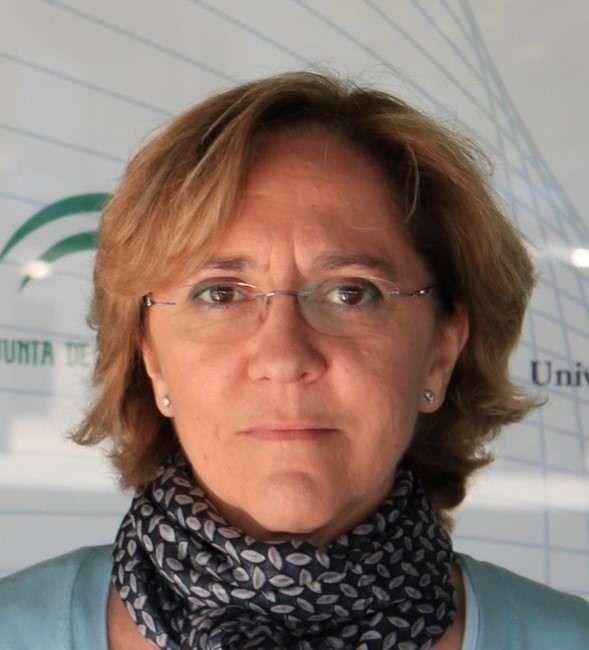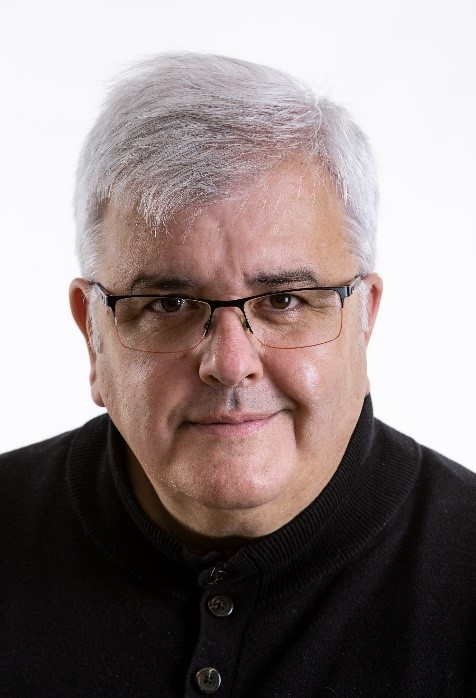Technical University of Denmark
Tilmann Weber
Tilmann Weber is Professor and associate Scientific Director at DTU Biosustain and head of the Natural Products Genome Mining group. He is coordinator of the MAGic-MOLFUN doctoral network. Tilmann and his group are working on the interface of natural products discovery, bioinformatics and metabolic engineering. He is highly interested in using generating and mining genomic data to find interesting secondary/specialized metabolite biosynthetic pathways using bioinformatics approaches, such as antiSMASH, which his lab is co-developing with the group of K. Blin (DTU) and Marnix Medema (WUR). These information then build the basis to use metabolic engineering techniques, such as CRISPR technology, to functionally characterize the BGCs and improve their production. Tilmann is author of >100 scientific publications and patents. He is Associate Editor of Synthetic and Systems Biotechnology and in the Editorial Board of Metabolic Engineering.
